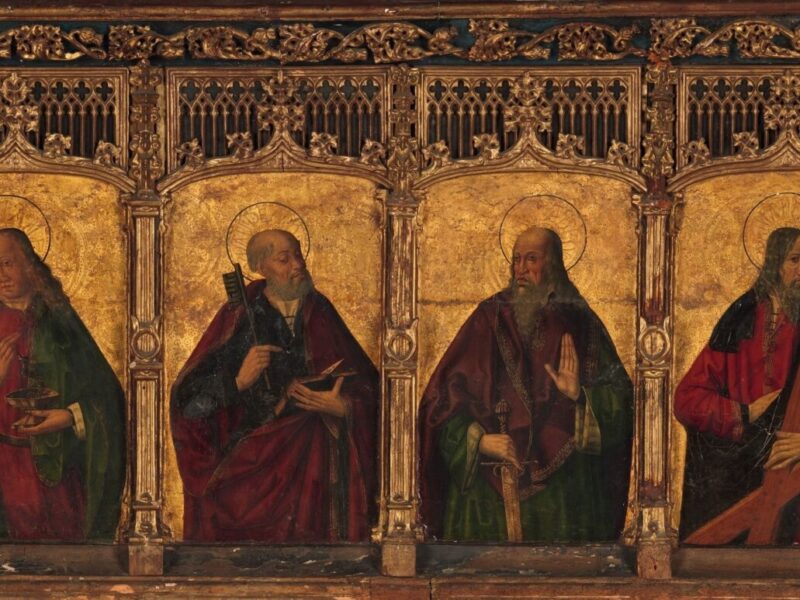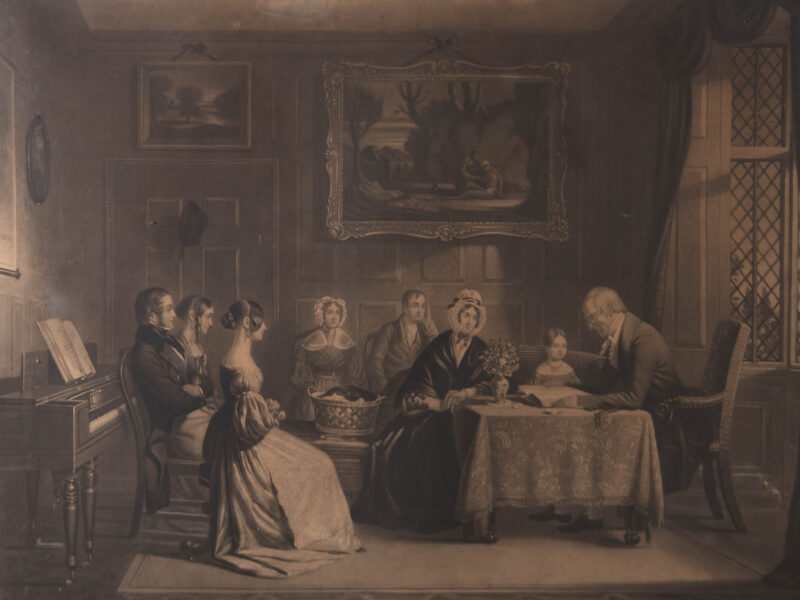Thank you, Steven McGregor, for taking the time to read and review my Orthodox Anglican Identity, for caring about Anglicanism, and for challenging me to think even more deeply about our beloved Anglican tradition.
I’m glad to see that Steven has picked up on the structure of the book, as well as some of its themes. Regardless of our respective prognostications about the future of Anglicanism, I still believe that the extended and nuanced definition I offer in the book is the best place to begin our discussions of “Whither Anglicanism?”
Steven has also picked up on the sad or “tragic” tone of parts of my book: there is no way faithfully to tell the story of Anglicanism without mourning the current chaos, fragmentation, and schism. In my book, I consider the schism between Orthodox and Liberal Anglicans to be accomplished de facto. Just as disturbing are the divisions and tensions within Orthodox Anglicanism which have only increased in the last year since my book was published.
In spite of what I believe to be a clear-headed but sober analysis of the current state of Orthodox Anglicanism, I am not yet ready to put my spade of dirt on the grave of Anglicanism. In the first place, the chaos and fragmentation Anglicanism is currently experiencing is the common lot of all Christian churches in the West. The problems we as Anglicans face concerning biblical authority, human sexuality, and critical theory are shared by all our orthodox Christian brethren. In other words, if I were to believe that Anglicanism is moribund, then I would be compelled to believe the same of most other church traditions. In addition, any church tradition as large and widespread as Roman Catholicism, Eastern Orthodoxy, and Anglicanism will, inevitably, comprehend a large degree of diversity, much of it undesirable. This is the “messiness” of Anglican identity to which I refer in my book and which I also believe to be the common lot of all religious identities, especially the larger religious traditions.
In answering Steven’s concerns over the post-national Anglicanism that seems destined to fade, I observe that Anglicanism in a post-modern, post-national, post-denominational context inevitably will look different than it has for the past 450 years. But this doesn’t mean Anglicanism is dead or dying, only that it is destined to change in significant ways. Only if we take Anglicanism to be a particular settlement between Church and State that originated in the 16th century should we be rehearsing the eulogies we will soon have to deliver.
If, however, Anglicanism is what I’ve said it is,[1] then it will continue to survive and even thrive amidst the chaos and fragmentation, as the Church always has. We must believe this, not because we believe in the Anglican church but because we believe in the one, holy, catholic, and apostolic Church, of which Anglicanism is a part and which is indefectible. I understand Anglicanism to be older than the Henrician and Cranmerian Revolution of the 16th century: I believe it’s important to emphasize the large degree of continuity that Anglicanism today has with the catholic Church planted on British soil no later than A.D. 200 (see my Tracts for the Times 2.0 for more about this). This Anglicanism, which has existed in at least 5 different phases which I outline in my book, has now entered a new phase, but it is still identifiably Anglican.
One of the reasons I’ve acquired a love of church history is that through it, God has graced me with a divine peace amidst all the “change and decay” we see all around us. What I mean is that the Church has been through things as difficult and chaotic as what Anglicanism and the whole Church are experiencing today, and God has always given us our Daily Bread to sustain us.
Steven concludes his intriguing review with these words: “The church is neither national nor international. As a result, it lives disembodied and homeless.” My response is that the Church has always been both more and less than national, and this includes Anglicanism. Anglicanism, though embodied in national forms since the time of the Reformation, will always have a body and a home in the one, holy, catholic, and apostolic Church, no matter what precise shape God gives it in the future.
- The definition of Anglicanism I offer in my book is that it is: “the life of the catholic church that was planted in England in the first few centuries after Christ; reshaped decisively by the English Reformation that reformed the received catholic traditions and also by the Evangelical and Catholic Revivals and other historical movements of the Spirit; and that has now been enculturated into independent, global churches.” ↑




'Response to Steven McGregor’s Review of Orthodox Anglican Identity' has no comments
Be the first to comment this post!